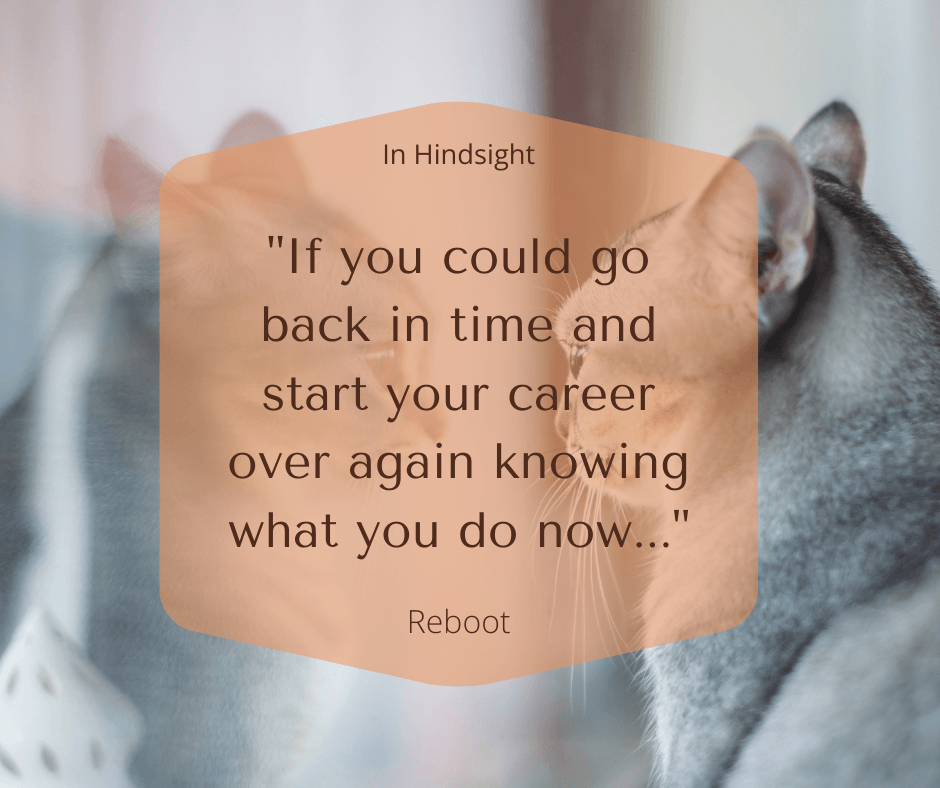In Hindsight....
What Do You Wish You Knew or Did At The Start of Your Career?
If you could go back in time and start your career over again, what things would you want to know and do to help yourself succeed? We asked a group of people a similar question and analysed their responses, finding a lot of overlap in their answers.
When asked what they wish they knew at the beginning of their career, four key areas were raised. The most common by far was confidence, whether in self-advocacy around asking for pay raises and for recognition, or to ask questions and for support in skills development. Many stated they wished they had been comfortable asking for help or advice, with others wishing they had been more confident in their own abilities and contribution. Similarly, when asked what they wished they did at the start of their career, many mentioned seeking out a mentor – someone who could help them develop skills to progress their career or confidence to advocate for themselves.
Another common point was in planning, especially related to workload and stress, with some wishing they had sought out advice in managing work related stress. With the fast pace of life today, prioritising and planning has become increasingly important to help reduce the initial dose of stress. Training in decompressing and compartmentalising from work could be appropriate too, allowing individuals to destress and reduce the impact of stress on their mental and physical wellbeing.



